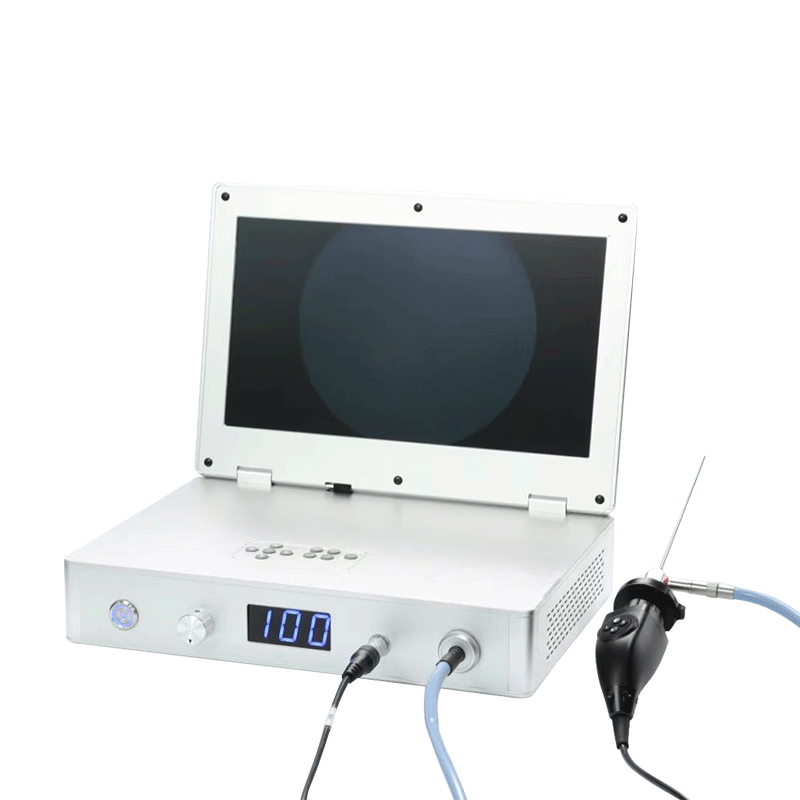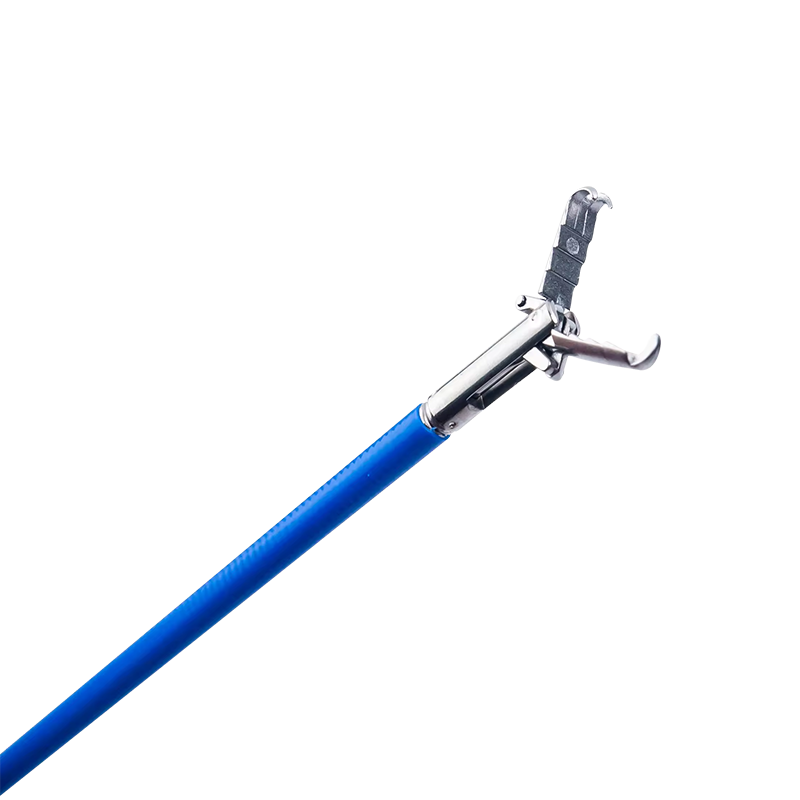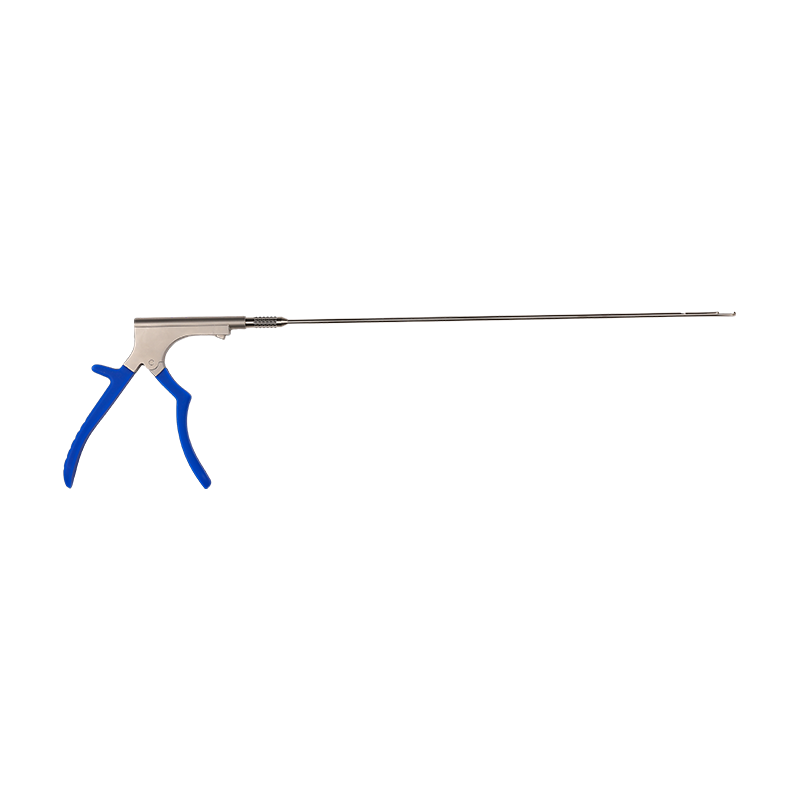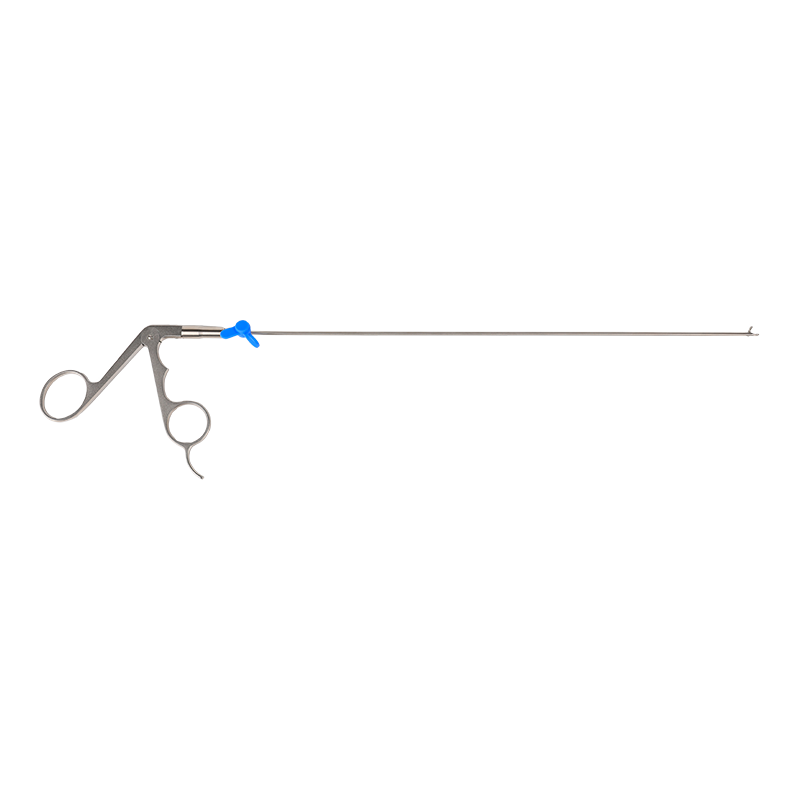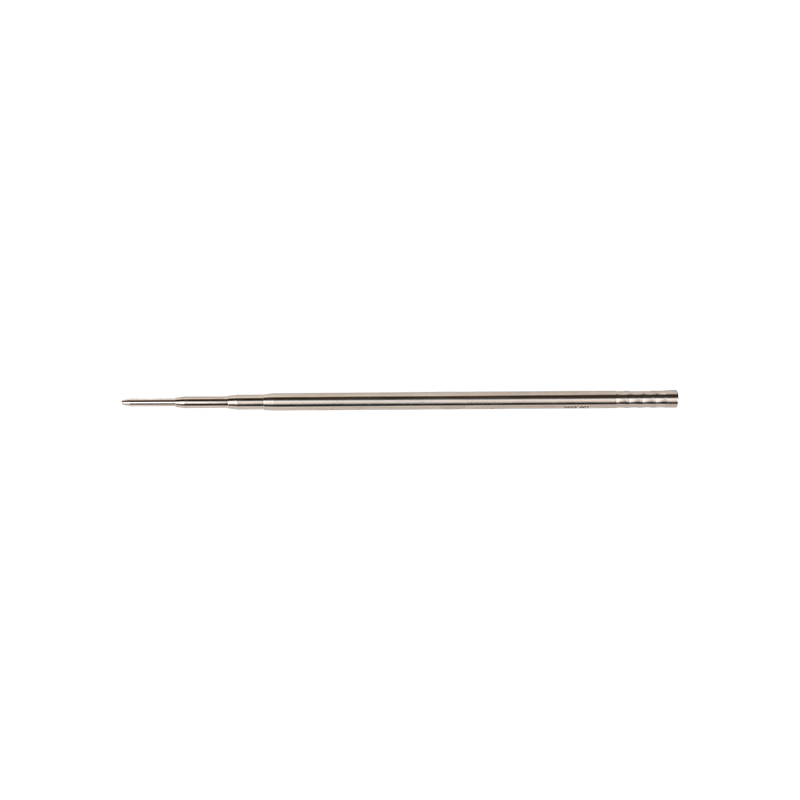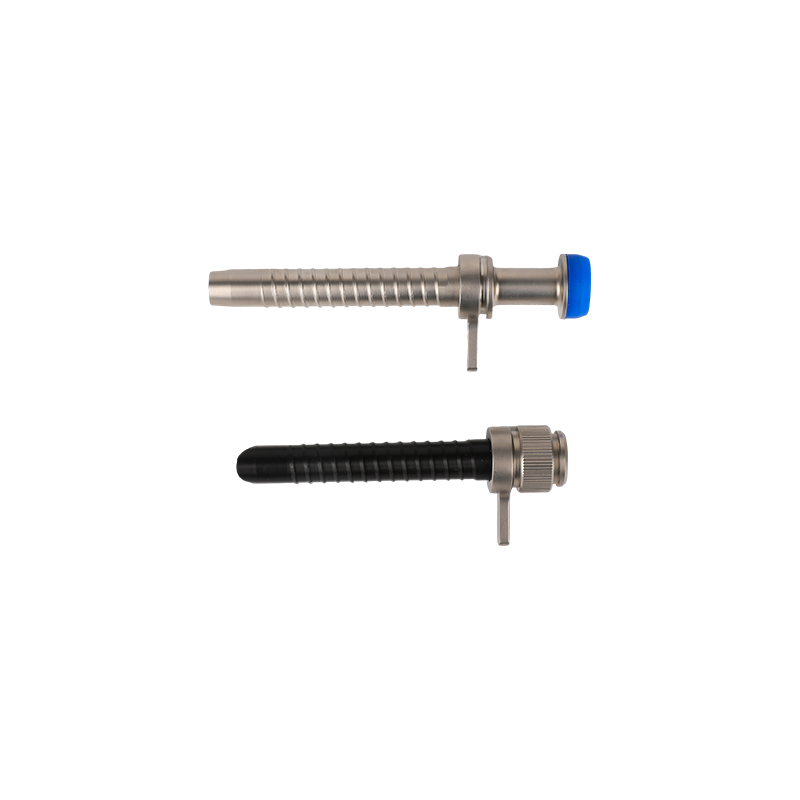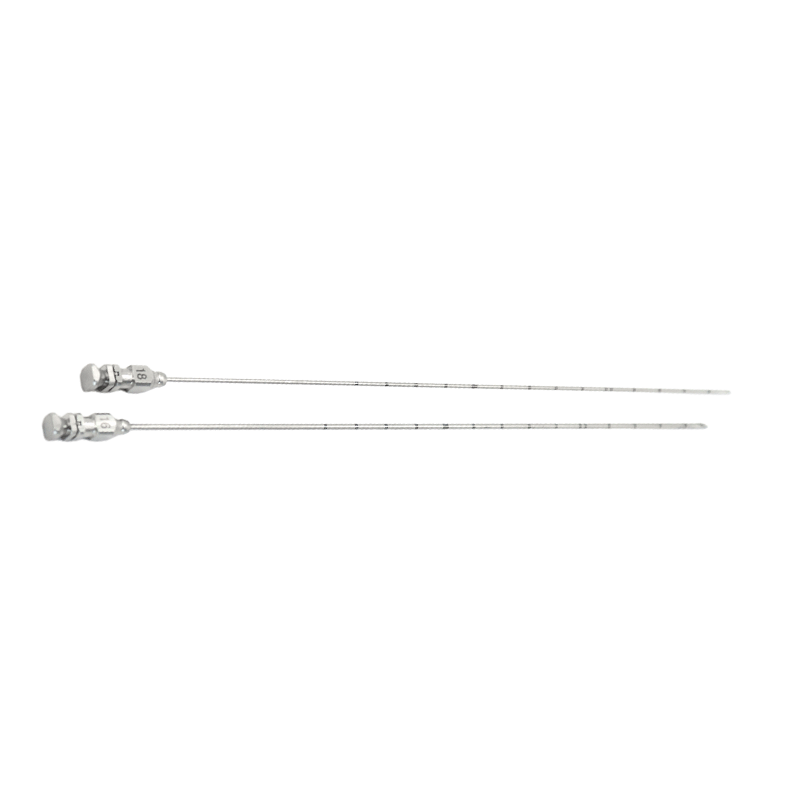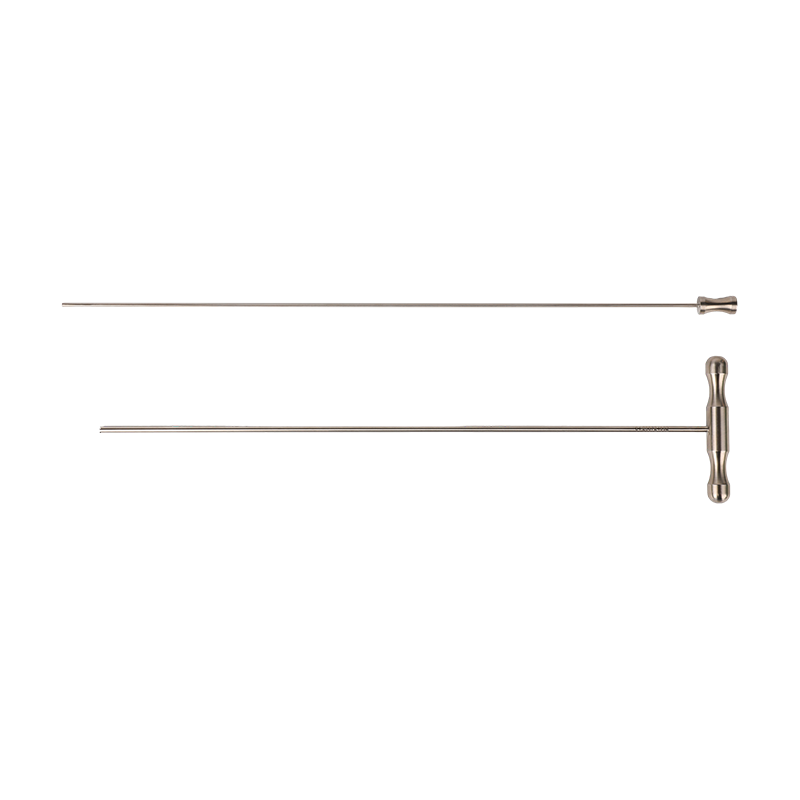The term "graduate dilator" (or, more commonly, graduated dilator, measuring dilator, or calibrated dilator) refers to a specialized instrument used across various fields, primarily in medicine and engineering, for precise and controlled expansion or measurement of an opening or lumen. Its core function lies in its graduated markings, which allow for incremental and accurate dilation, distinguishing it from simple, uncalibrated dilators.
Applications in Medicine
In medicine, graduated dilators are indispensable tools, particularly in procedures requiring the gradual enlargement of a body orifice or lumen.
-
Gastroenterology: They are frequently used in esophageal stricture dilation, where a constricted esophagus needs to be widened to improve swallowing. The dilators, often made of silicone or rubber, come in a series of increasing diameters, allowing clinicians to progressively expand the stricture while monitoring the exact size of the opening.
-
Urology: Urethral strictures, which can impede urine flow, are another common application. Graduated urethral dilators help restore the natural diameter of the urethra, alleviating symptoms.
-
Ophthalmology: In lacrimal duct dilation, tiny graduated dilators are used to open blocked tear ducts, a common issue in infants and adults.
-
Gynecology: Cervical dilators, which are often graduated, are used to gently widen the cervix for various procedures, such as endometrial biopsies or intrauterine device (IUD) insertion.
-
Vascular Surgery: In some minimally invasive vascular procedures, graduated dilators may be used to prepare a vessel for the insertion of a catheter or stent, ensuring the opening is precisely sized for the device.
The controlled nature of a calibrated dilator minimizes the risk of trauma or perforation, making it a safer alternative to forceful dilation. The precise measurements allow for standardized procedures and improved patient outcomes.

Applications in Engineering and Industry
While less commonly referred to as "graduate dilators" in these contexts, the principle of a measuring dilator or calibrated expansion tool is also crucial in various engineering and industrial applications.
-
Precision Manufacturing: In the manufacture of components with precise boreholes or openings, specialized tools that function like graduated dilators are used to ensure exact dimensions. These might be reamers or expanding mandrels with calibrated adjustments.
-
Fluid Dynamics and Plumbing: When designing or repairing systems involving fluid flow, understanding and controlling the diameter of pipes and orifices is critical. While not always physical dilators, the concept of a graduated expander for tubes or conduits exists to achieve specific flow rates or pressures.
-
Tooling and Die Making: In the creation of dies or molds, tools that precisely enlarge or shape openings are used, often with calibrated mechanisms to ensure high accuracy.
Design and Materials
Graduated dilators are designed with clear markings, typically in millimeters or French sizes, indicating their diameter. They are often made from biocompatible materials for medical use, such as:
-
Medical-grade silicone: Flexible and smooth, reducing friction and tissue trauma.
-
Stainless steel: Durable and autoclavable for sterility, often used for rigid dilators.
-
Teflon or other polymers: Offering varying degrees of flexibility and chemical resistance.
The design can range from straight, rigid rods to flexible, tapered instruments, each suited for specific anatomical pathways or industrial needs.
The graduate dilator, whether in its medical form as a calibrated dilator or in its engineering guise as a precision expanding tool, embodies the principle of controlled, incremental measurement and expansion. Its versatility and precision make it an indispensable instrument across a wide spectrum of professional fields, ensuring safety, accuracy, and optimal results.

 English
English عربى
عربى Español
Español